
Introduction
In the industrial world, safety and performance are paramount. When it comes to electrical systems, every component plays a crucial role. One often overlooked component that significantly impacts safety and performance is the industrial cable glands accessories. These accessories might seem like small additions, but they are essential in maximizing the efficiency and safety of cable installations in industrial settings.
Understanding Industrial Cable Glands
What Are Cable Glands?
Cable glands, also known as cable connectors or fittings, are devices used to secure and terminate the end of an electrical cable. They serve several functions, including sealing the cable and providing strain relief, grounding, insulation, and shielding. In industrial environments, cable glands are critical for ensuring electrical safety and preventing damage to cables.
Types of Industrial Cable Glands
There are several types of cable glands designed for different applications, including:
Plastic Cable Glands: Lightweight and corrosion-resistant, suitable for light-duty applications.
Metal Cable Glands: More robust and durable, ideal for heavy-duty applications in harsh environments.
EMC Cable Glands: Provide electromagnetic compatibility, reducing interference.
Explosion-Proof Cable Glands: Designed for hazardous environments to prevent explosions.
Why Are Cable Glands Accessories Essential?
Enhancing Safety
Industrial cable glands accessories enhance safety by providing additional sealing, grounding, and mechanical protection. They minimize risks associated with electrical installations, such as short circuits, electrical shocks, and potential fires.
Improving Performance
Accessories like adaptors, connectors, and sealing inserts help improve the overall performance of cable installations by ensuring a secure and reliable fit, reducing wear and tear, and prolonging the lifespan of the cables and glands.
Types of Industrial Cable Glands Accessories
Let's explore some of the most critical accessories that complement industrial cable glands:
Sealing Inserts
Locknuts and Grounding Nuts
Reducers and Enlargers
Adaptors and Connectors
Sealing Inserts: Ensuring a Secure Fit
Types of Sealing Inserts
Sealing inserts are used to ensure a tight fit around the cable, preventing dust, water, and other contaminants from entering the enclosure. They come in various materials, including rubber and silicone, to suit different environmental conditions.
Benefits of Using Sealing Inserts
Improved environmental sealing
Enhanced strain relief
Protection against vibration and mechanical stress
Locknuts and Grounding Nuts: Strength and Stability
Purpose of Locknuts
Locknuts are used to securely fasten the cable gland to the panel or enclosure. They ensure that the gland stays in place, providing stability and preventing movement that could cause wear and tear.
Role of Grounding Nuts in Electrical Safety
Grounding nuts are vital for safety as they provide a secure path to ground, reducing the risk of electrical shock and ensuring compliance with safety standards.
Reducers and Enlargers: Flexibility in Cable Management
When to Use Reducers
Reducers are used when the gland size is larger than the cable. They help in accommodating smaller cables, ensuring a secure and tight fit.
Benefits of Enlargers
Enlargers serve the opposite purpose by allowing a larger cable to fit into a smaller gland opening, providing flexibility in cable management without compromising safety or performance.
Adaptors and Connectors: Facilitating Compatibility
Types of Adaptors
Adaptors are essential for connecting different types of glands and cables, especially when there is a need to switch from one thread type to another.
Importance of Connectors in Cable Installations
Connectors play a crucial role in joining cables without the need to replace existing setups, making them a cost-effective solution for expanding or modifying installations.
Choosing the Right Accessories for Your Application
When selecting cable gland accessories, consider factors such as:
Environmental conditions (temperature, humidity, exposure to chemicals)
Cable size and type
Material compatibility
Safety standards and regulations
Different materials like nylon, brass, and stainless steel offer varying degrees of durability, resistance, and protection, so it's crucial to choose wisely based on your specific needs.
Installation Best Practices for Cable Glands and Accessories
Pre-Installation Checks
Before installing cable glands and accessories, ensure all components are compatible, and the cables are correctly sized and prepared.
Step-by-Step Installation Guide
Prepare the cable and ensure it is clean.
Insert the cable through the gland and accessory.
Tighten the gland nut to secure the cable.
Check for a proper seal and ensure there is no movement.
Maintenance Tips for Industrial Cable Glands and Accessories
Regular inspection is crucial for maintaining the performance and safety of cable glands and their accessories. Look for signs of wear and tear, such as cracks, corrosion, or loose fittings, and replace any damaged parts immediately.
Common Mistakes to Avoid When Using Cable Glands Accessories
Incorrect Sizing: Using the wrong size can lead to poor sealing and potential safety hazards.
Ignoring Environmental Factors: Failing to consider the environment can result in premature wear and tear or even failure.
Safety Standards and Regulations
Adhering to relevant safety standards and regulations is essential for ensuring the safe and effective use of cable glands and accessories. Be sure to comply with industry standards such as IEC, ATEX, and NEC.
The Future of Industrial Cable Glands Accessories
The industry is moving towards more innovative and sustainable materials and designs that offer enhanced safety, performance, and ease of installation.
Conclusion
Industrial cable glands accessories are small but essential components that play a significant role in enhancing safety and performance in cable installations. From sealing inserts to adaptors and connectors, each accessory has its unique function that contributes to a safer and more efficient electrical system. By understanding their importance and selecting the right accessories for your application, you can ensure the longevity and reliability of your installations.
FAQs
What are the main types of industrial cable glands accessories?
Sealing inserts, locknuts, grounding nuts, reducers, enlargers, adaptors, and connectors are the main types.
Why are sealing inserts important in industrial applications?
They provide environmental sealing, strain relief, and protection against mechanical stress.
How do grounding nuts improve electrical safety?
Grounding nuts provide a secure path to ground, reducing the risk of electrical shock.
What factors should be considered when choosing cable gland accessories?
Environmental conditions, cable size and type, material compatibility, and safety standards.
What are the common mistakes to avoid when using cable glands accessories?
Incorrect sizing and ignoring environmental factors are common mistakes that can lead to safety hazards.

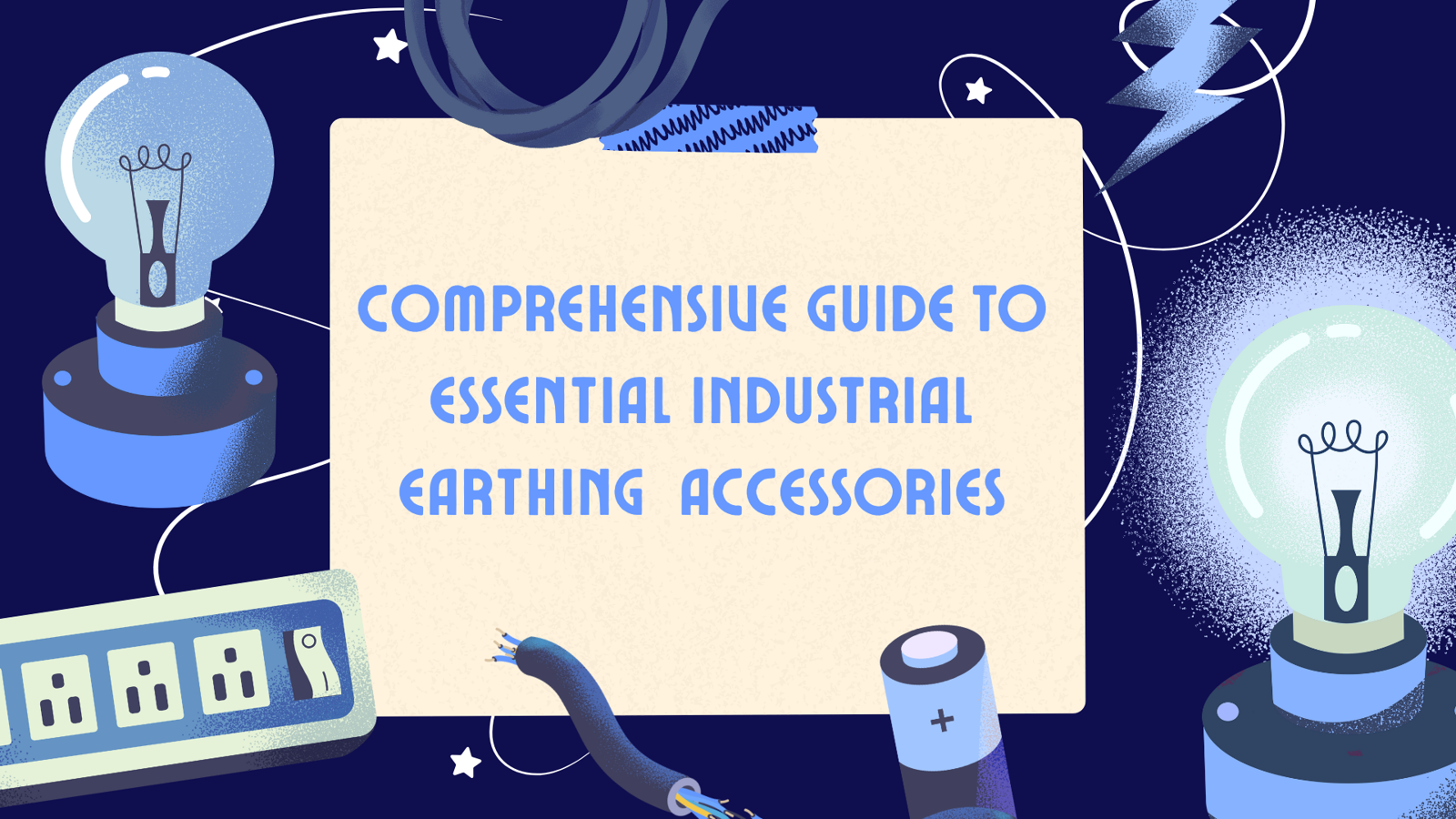

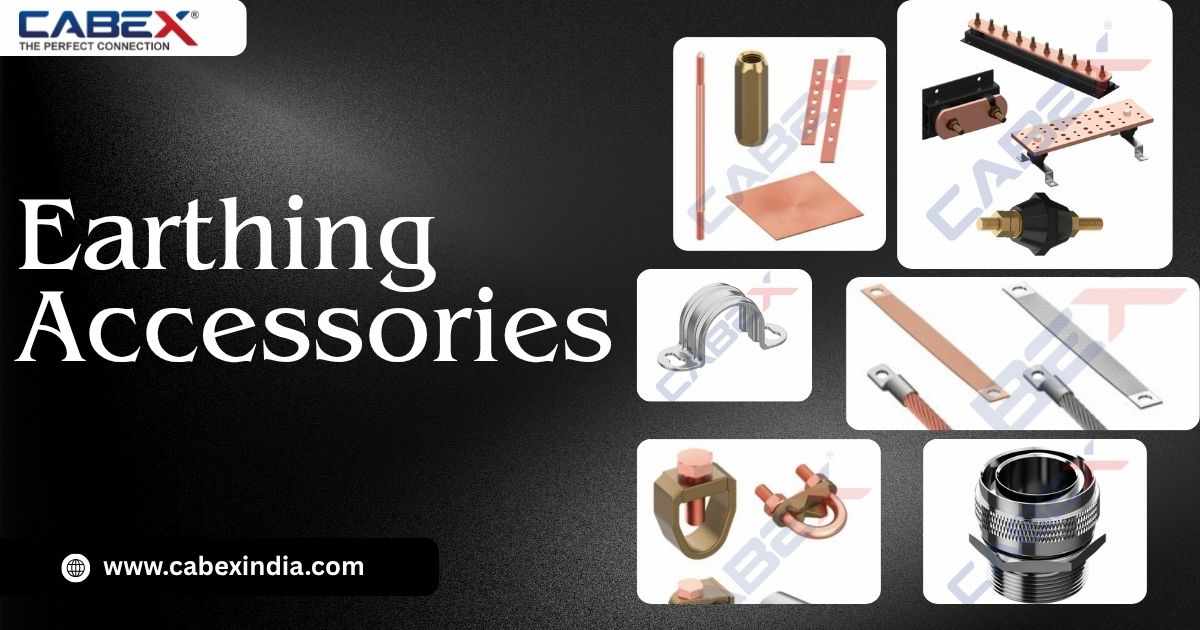
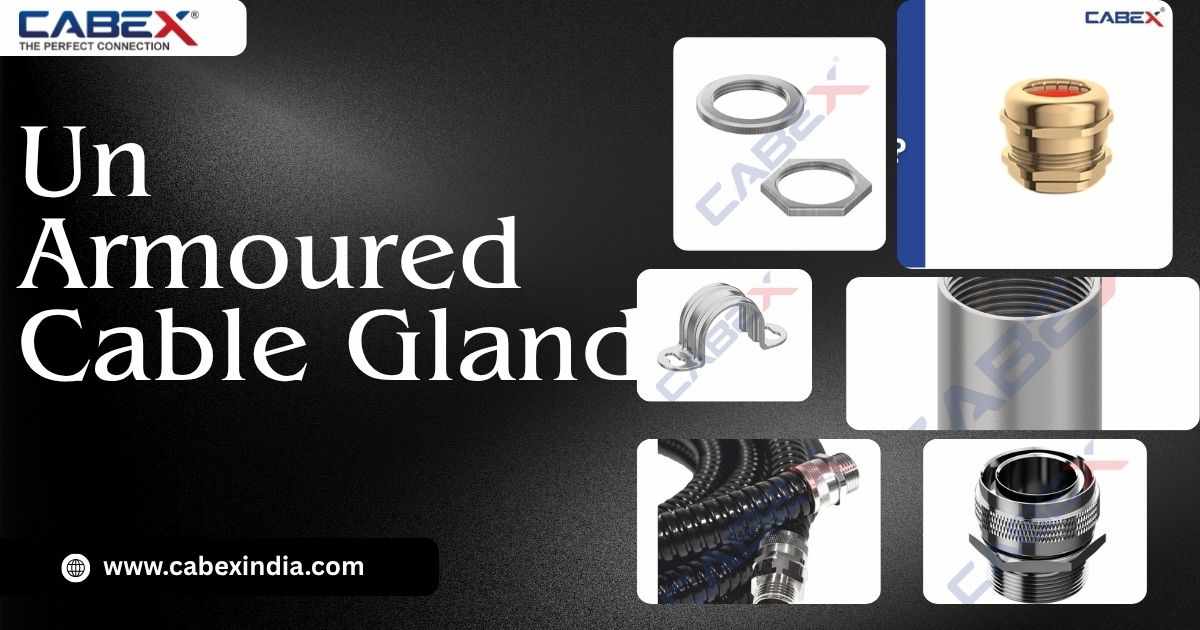
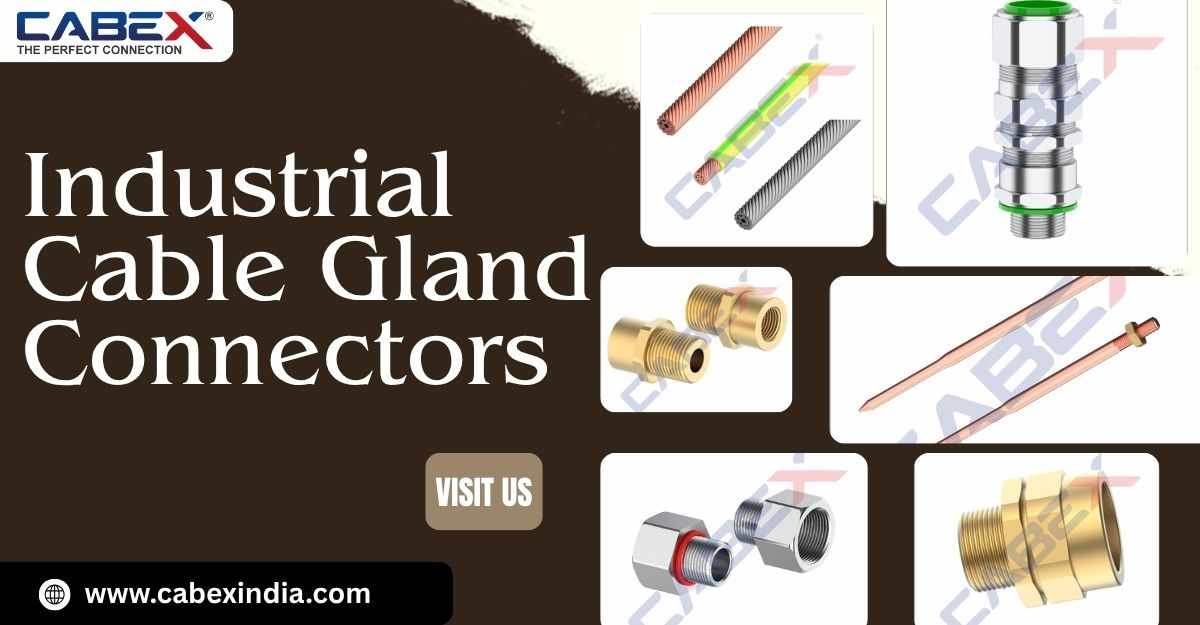
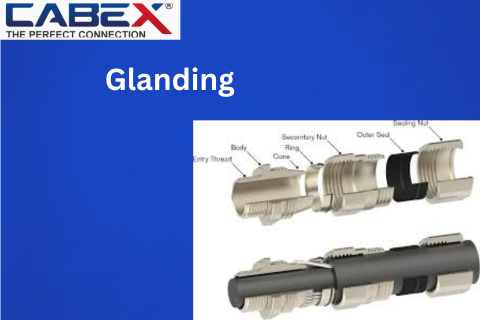


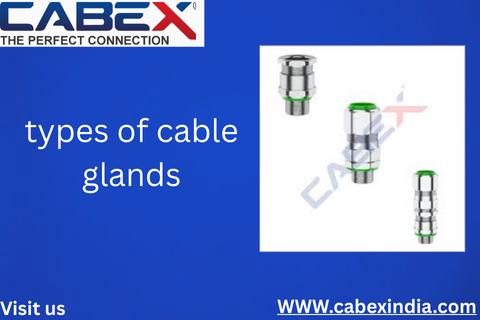
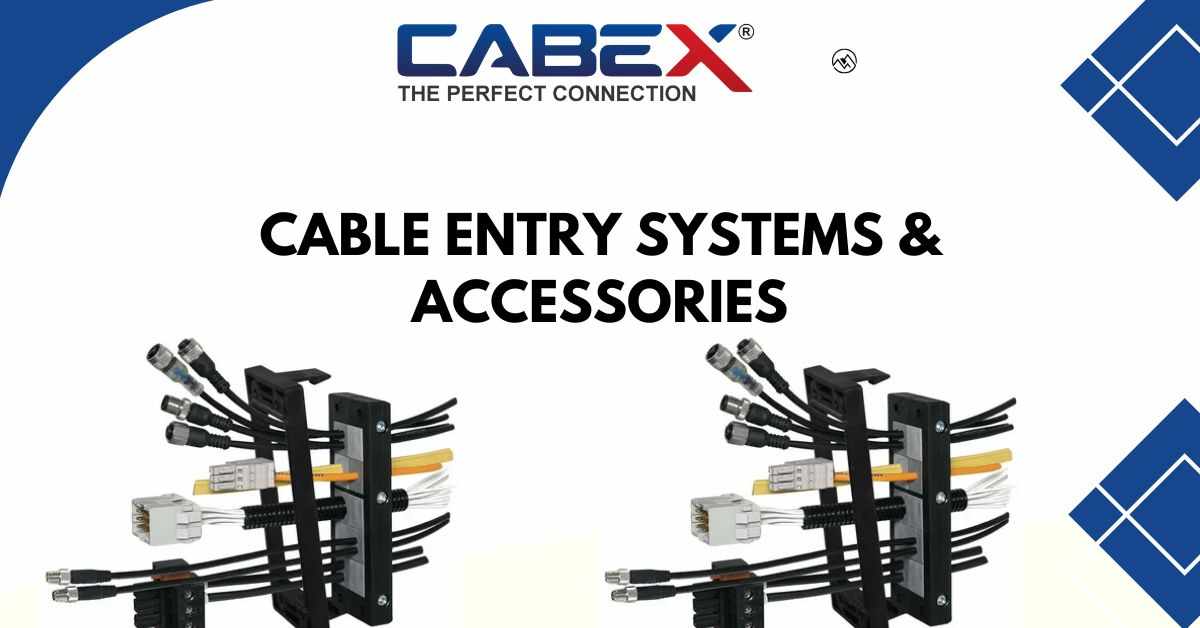










Write a comment ...